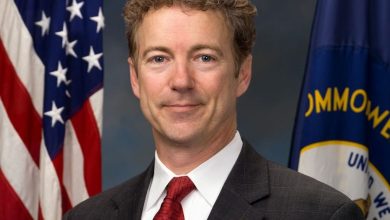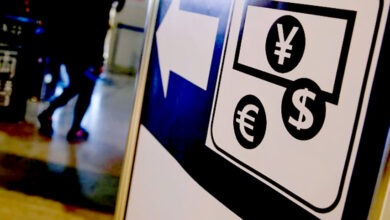Annual inflation in the United Kingdom reaches a new 30-year high.

LONDON – Annual inflation in the United Kingdom has reached its highest level since 1992, statistics revealed Wednesday, putting upward pressure on the cost of living and increasing pressure on the Bank of England to continue raising interest rates.
The Consumer Prices Index (CPI) increased to 5.5 percent in January from 5.4 percent in December, a level not seen in almost three decades, according to the Office for National Statistics.
The ONS stated that the rate is currently at its highest level since March 1992.
Globally, prices have risen significantly over the last year, due mostly to rising energy costs, while consumers are also experiencing increased food expenses as markets reopen after pandemic lockdowns.
“We recognise the challenges individuals are under due to rising costs of living,” British Finance Minister Rishi Sunak said in reaction to Wednesday’s statistics. “These are global issues,” he said.
As inflation hits its highest level in decades, outpacing wage growth, central banks are debating how quickly to raise interest rates.
The Bank of England raised its key interest rate for the second time in a row earlier this month, aiming to contain inflation.
Protests over rising living costs
The Bank of England forecasts that annual inflation in the United Kingdom will peak at 7.25 percent in April, much over the Bank’s objective of 2.0 percent.
The current “rise in CPI inflation… will raise the pressure on the Bank of England to continue aggressively increasing interest rates,” according to Paul Dales, Capital Economics’ senior UK economist.
In December, policymakers increased borrowing prices from a record-low 0.1 percent to 0.25 percent, the first increase in almost three years.
They increased it again this month, to 0.5%.
With prices rising, Sunak announced earlier this month a £9 billion ($12.2 billion, 10.7 billion euros) assistance package for 28 million lower- and middle-income people.
This is anticipated to be compensated by an increase in residential energy costs and an April salary tax increase.
Hundreds of protesters demonstrated in London and other cities throughout the United Kingdom on Saturday, calling for government action to address the country’s rapidly growing cost of living.
One of the marches organised by The People’s Assembly marched to London’s Downing Street, where they demanded the resignation of Conservative Prime Minister Boris Johnson, who is embroiled in a controversy.
Similar protests were organised in other locations around the United Kingdom, including Glasgow, Scotland, where a poster read “Freeze Prices, Not the Poor.”
Numerous protestors’ posters criticised Johnson for breaking the lockdown on Downing Street celebrations, amid a police investigation into the legality of the festivities that has rattled his government.





